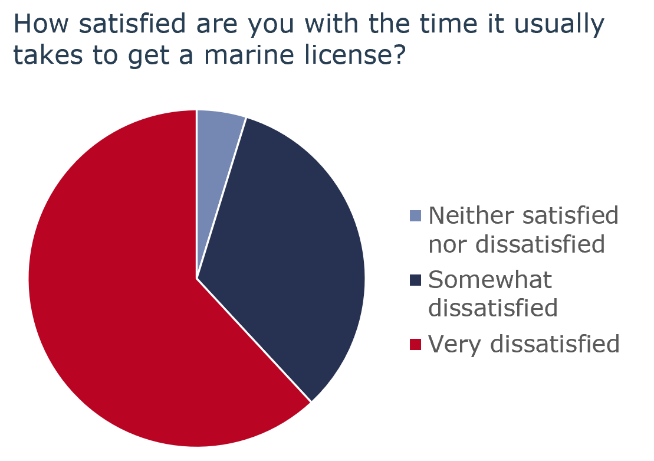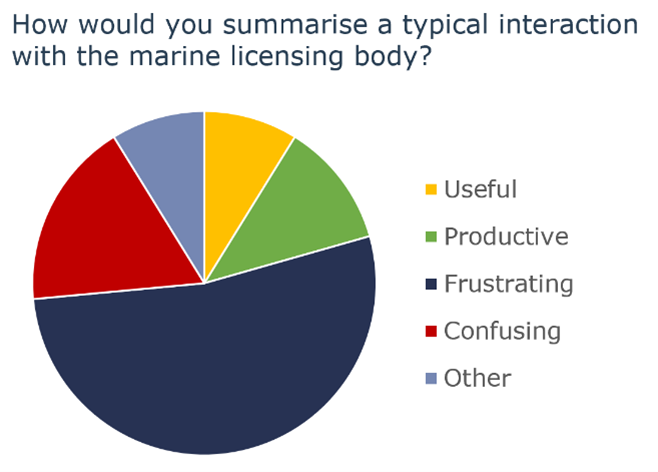The House of Commons is today scrutinising the Energy Bill, which will introduce a fast-track consenting process for some offshore wind projects which ports say could hold back their renewable energy ambitions.
Briefing from the British Ports Association, the UK’s trade body for UK ports and terminals, says that failure to amend the Bill to include port infrastructure in the new consenting and licensing process will make UK ports less competitive and leave them stuck in the “slow lane”.
The Energy Bill will streamline the process of delivering offshore wind projects, whilst continuing to protect and improve the environment. The new approach to consenting offshore wind projects allows the Habitat Regulations derogation process to be delivered faster. This is supported through the development of strategic compensation and a Marine Recovery Fund. The BPA and other marine industries believe this will help significantly in delivering the Government’s offshore wind ambitions, but only if the process is extended to connected development that is necessary for offshore wind development.
The Floating Offshore Wind Taskforce says up to 11 ports around the UK will need to be transformed as fast as possible to enable the roll out of floating offshore wind at scale. A faster and more efficient consenting and licensing system for port infrastructure is necessary to ensure UK ports are able to meet our shared ambitions of significantly increasing offshore wind generation. The BPA is calling on Government to amend the Energy Bill in Committee or Report stage so that other marine projects are not left behind. The competitiveness of UK ports relies on a fast and efficient consenting process. A two-speed consenting system will deter investment, hold back offshore energy projects and see more of the economic benefits of the net zero transition realised in Europe.
UK ports fully support the Government’s ambitious targets for offshore wind and the sector has already seen hundreds of millions of pounds of investment.
It is clear that the next generation of offshore wind will be a game changer for the UK’s energy transition and UK ports will need to invest in new infrastructure.
In response to slow consenting and licensing processes for offshore wind projects, the Government is rightly introducing a faster process that will continue to safeguard the environment. It is a mistake to leave ports and other marine industries stuck in the slow lane outside of that process.
The Energy Bill must be amended so that UK ports can remain competitive in the face of publicly subsidised European ports.
The Bill is also a good opportunity for Ministers to put their UK content targets into law, by making them a condition of licensing.
The Bill is in its Committee Stage this week and clauses relating to offshore energy consenting are expected to be debated today.
The BPA’s briefing to MPs on the Bill Committee also highlights the opportunity to enshrine UK content targets in law. The Offshore Wind Sector Deal includes a target for the sector to commit to increase UK content in domestic projects to 60% by 2030. This is welcome but content conditions should be included as a licensing condition.
Ports’ Experience with Marine Consenting
The BPA surveyed its members in 2022 on their experiences with marine licensing systems across the UK. We found that ports find the process increasingly slow and confusing and that this is becoming a barrier to investment.


More data is available.
Comments from UK ports on marine licensing process from survey respondents
“Statutory consultees such are taking an increasingly precautionary view and are not taking a balanced approach between development and the environment… the time taken to gain approval for even moderate schemes [is] now becoming a significant barrier to investment.”
“an unnecessarily lengthy process”
“the whole process is just too slow”
“the only way to achieve progress on licensing applications is to intervene directly and shout more loudly than other applicants”
“Timescales are not compatible with the ambitions for offshore energy or economic development.
